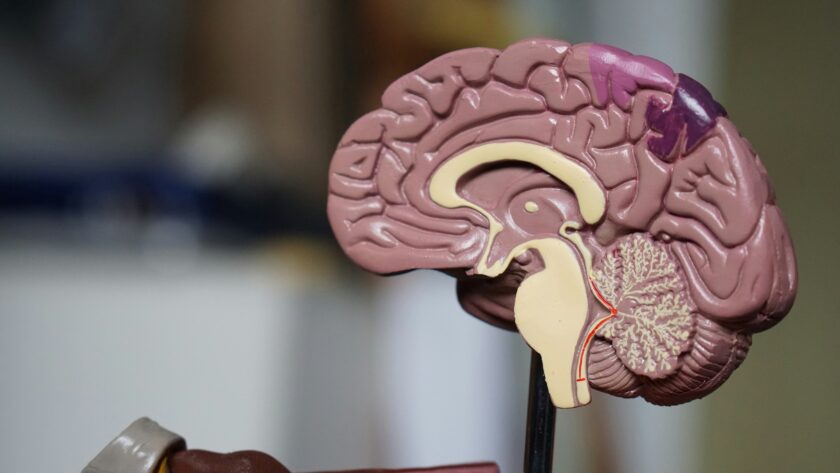Does Alzheimer’s run in the family? What you need to know

Dementia and Alzheimer’s is one of the most common conditions across the UK. We likely all know someone that is living with it, with over 55 million people worldwide having the condition. And that number’s growing as life expectancy increases.
One question people have about the neurological disability is whether it is hereditary. It’s important we understand the role genetics plays in Alzheimer’s, as it can often inform our outlook on our lifestyle.

Understanding Alzheimer’s and Its Causes
One of the first things to understand is what Alzheimer’s is and its causes. The disease is caused by a build-up of amyloid plaques and tau tangles in the brain, which leads to the likes of cognitive decline, memory loss and, eventually, the ability to perform even what would have once been simple daily tasks.
There are two main forms of Alzheimer’s. There’s early-onset and late-onset. The former occurs to people under the age of 65 and is relatively rare. Late-onset is more common and occurs after the age of 65. What’s important to understand is that hereditary influence differs in the two forms.
Early-Onset Alzheimer’s
When it comes to early-onset Alzehimer’s there is a stronger genetic link. Across some families, the form is caused by mutations of specific genes. This is one of three, these being: APP (amyloid precursor protein), PSEN1 (presenilin-1), or PSEN2 (presenilin-2). These are inherited in an autosomal dominant pattern, which means that a person only needs one copy of the mutated gene from a parent to develop the condition.
People with these mutations have a much higher likelihood of developing early-onset Alzheimers, often before the age of 60. However, these mutations are rare and do account for only a small portion of Alzheimer’s cases.
Late-Onset Alzheimer’s
Late-onset Alzheimer’s is much more common but is influenced by a more complex blend of genetic and environmental factors. In terms of genetics, the most well-established genetic risk factor is a variant of the APOE gene, known as APOE ε4. Having one copy of this variant increases a person’s risk of developing Alzheimer’s, while having two copies significantly raises the risk. However, inheriting APOE ε4 does not guarantee that an individual will develop the disease, nor does the absence of the gene variant offer complete protection.
Beyond APOE ε4, researchers have identified additional genes that may contribute to Alzheimer’s risk, although their individual effects are smaller. Genetic predisposition is just one piece of the puzzle, and lifestyle and environmental factors also play critical roles.
Should You Be Concerned About a Family History?
A family history of Alzheimer’s does increase the risk, but it is not a definitive predictor. Having one first-degree relative (such as a parent or sibling) with Alzheimer’s approximately doubles the risk compared to someone without a family history. However, the majority of Alzheimer’s cases are sporadic, meaning they occur in people with no known family history of the disease.
If you are concerned about your family history, consulting a genetic counsellor may be helpful. They can assess your personal risk based on your family’s medical history and discuss whether genetic testing is appropriate.
What Can You Do to Lower Your Risk?
While you cannot change your genetics, many lifestyle choices can reduce the risk of Alzheimer’s and promote overall brain health…
Stay Physically Active
Regular exercise improves cardiovascular health and may protect against cognitive decline.
Adopt a Healthy Diet
Diets rich in fruits, vegetables, whole grains, and healthy fats—such as the Mediterranean or DASH diet—support brain health.
Engage Your Brain
Mental stimulation through learning, reading, or puzzles helps maintain cognitive function.
Prioritise Sleep
Poor sleep is linked to an increased risk of Alzheimer’s, so aim for 7–8 hours of quality sleep per night.
Manage Chronic Conditions
Control hypertension, diabetes, and high cholesterol to reduce Alzheimer’s risk.
Stay Socially Connected: Engaging with others helps keep the mind sharp.
Spotted something? Got a story? Email: [email protected]
Latest News
